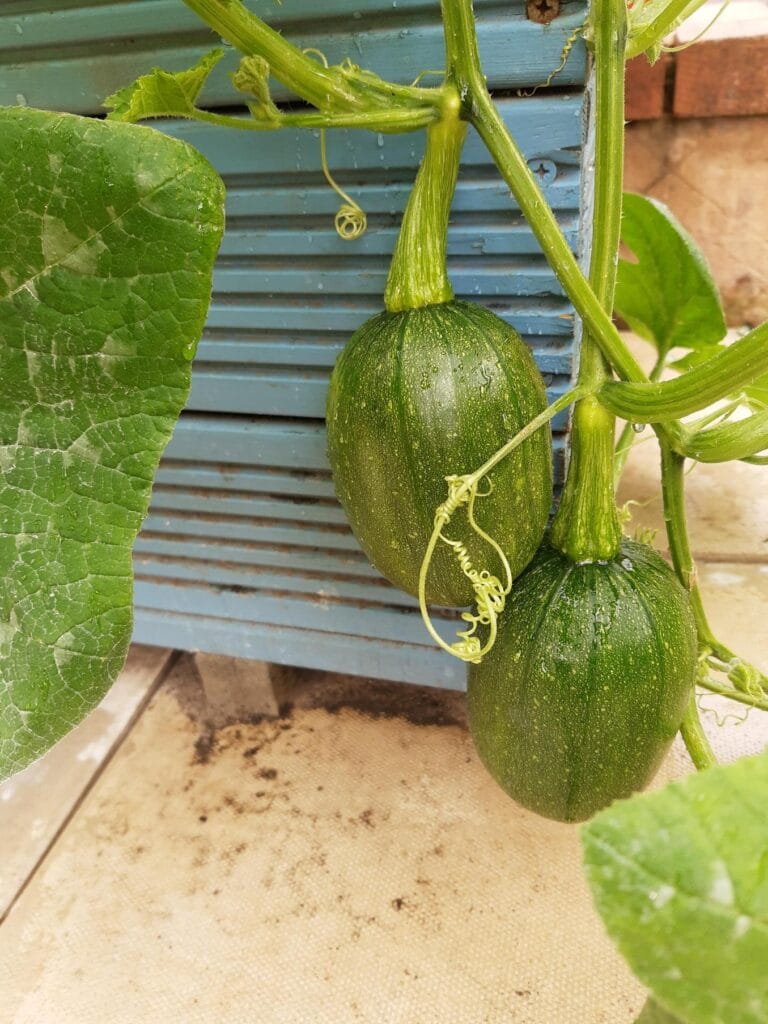
How we can #InvestInOurPlanet for Earth Day, and beyond
Earth Day is not only a time to celebrate, but also a time to push forward in the challenge of tackling climate change and protecting our planet. We can all do our part to invest in a sustainable future for generations to come, by raising awareness and taking action.
This year’s theme for Earth Day is: Invest in our Planet.
So, we’ve collected a handful of top tips from our wonderful team here at The Retrofit Academy on how and why we live as sustainably as possible by investing our time, energy, and resources into celebrating the Earth: not just today, but every day!
In the famous words of Bob the Builder: “Reduce, Re-use and Recycle”.
Except now, we’ve been told there are three more R’s to consider!
Here’s our take.
Refuse, Reduce, Re-Use, Recycle, Repair & Rot!
Refuse
Say no to fast fashion
Throw-away fashion is out, quality is in! We can make better choices to buy more sustainably by researching and purchasing from brands that resource their materials responsibility, pay their employees fairly, and design for longevity. Plus, quality is cheaper in the long run; your clothes will last longer, will still continue to look great after a couple of washes, and that trend that lasted all but 2 seconds won’t feature as clutter in your home!
Say no to single-use plastic
“According to estimates, England uses 1.1 billion single-use plates and 4.25 billion items of single-use cutlery — most of which are plastic — per year, but only 10% are recycled upon disposal.”
Reported on the UK government website, November 2021.
These polluting plastics can be seen widely across our landscape and are harmful not only to the environment and wildlife, but to us too! With micro-plastics currently trending, and research suggesting that even we cannot escape the adverse affects of plastic, the need to reduce our usage and to refuse where possible is imperative.
Reduce
Over-consumption is a driving force of climate change. To reset, we can start by taking only what we need. Check out what David and Jenny Pierpoint, our CEO & COO, had to say!
“We try to buy only what we need from the supermarket so we throw less food away (ideally none!).”
“To reduce unnecessary energy waste, take food out of the freezer the night before so you don’t need to use the microwave to defrost it.”
“Wash your clothes on 30 degrees, it does actually get them clean!”
“Encourage your children to turn off electrical appliances when they aren’t in use, small changes can have a huge impact.”
Another way in which we can contribute to clawing back the effects of climate change, is through our diet and making choices towards more sustainable agriculture! Adrianna Mika, Support Coordinator, talked about her journey:
“Having grown up in a household where the staple of our diet was goulash and kielbasa, I never believed that a vegetarian diet would appeal to me. This was until I watched David Attenborough’s A Life On Our Planet. I realised that I am not doing enough to help save the planet. It really opened my eyes and prompted the decision to cut down on my meat consumption and in reducing the demand, hopefully I can make a small difference!
“Animal agriculture is responsible for 18 percent of greenhouse gas emissions, more than the combined exhaust from all transportation.”
“Livestock’s Long Shadow: environmental issues and options”. Food and Agriculture Organization of the United Nations. Rome 2006
I found cutting down on meat and animal products surprisingly easy and tasty! One of my favourites, so far, have been BBQ Pulled Jackfruit Burgers. They taste and look like their meaty counterpart, but are so much better for the environment, and my dress size!

Re-Use
Get the most mileage out of the materials you naturally collect!
Now, we’re not saying to keep stacking those used take-away tubs in the cupboard until they all cascade onto your kitchen floor. But, we naturally collect a lot of materials that can be used for a different purpose. Some washing up liquid and a quick whizz around with a sponge usually does the trick. You could have a materials play tub for the kids, or donate to your local schools!
Recycle
Recycle everything you can, even batteries and electrical goods: Tesco now collect plastic packaging from crisp packets, bread wrappers, fruit and vegetable packaging and salad bags which were previously unrecyclable!
Another of our colleagues, Nicola Scorer, Local Authority and Social Landlord Manager, shared the below:
“As a family we spend a lot of time with sandy toes and are very fortunate to live near a beautiful beach. We regularly support our local Surfers Against Sewage charity with regular beach cleans and also take our little pickers with us whenever we go on an adventure and try to take the ‘one piece a day’ approach.”

Repair
“I don’t have the time.” How many of us are guilty of using that phrase? We do live in such a fast-paced society that it is not the ‘done’ thing to spend time, but rather spend money to help us by. We can live more economically while being more environmentally-conscious by repairing and repurposing items, rather than it just going into the bin.
“One man’s trash, is another man’s treasure.”
Upcycling is another fantastic way for you to repair and repurpose old furniture to give it a new lease of life, and stop it from being dumped at the landfill!
Rot
Our Learn Coordinator, Ellie, has shared that as an amateur gardener she has been growing her own produce!
During lockdown, a lot of us tried out our green fingers, but this is another fantastic way of living more sustainably! Whether you have an allotment, or just a little patch in your garden, home-grown produce can save you money, is a relaxing pass-time and you can literally see the fruits of your labour.
‘Rot’ is not the most appealing of the R’s, but an integral part of protecting the environment. Nature and natural wildlife is dwindling at an alarming rate, but with our support, we can encourage it to return once again and restore the natural balance of the Earth’s ecosystem.


The Final R: Retrofit, an investment for the planet!
Perhaps the 6 R’s could be expanded on, just a little. So, we have one more ‘R’ to set you on the path to sustainability! To retrofit is to install measures in your home, to refurbish and upgrade it, so that it is healthier for you and your family, as well as being more energy efficient.
Around 27% of all CO2 emissions come from the heating, lighting and electricity used in our homes and what’s more, the UK has the oldest and draughtiest housing stock in the world! To achieve carbon net zero by 2050, we need to focus on what we each can achieve. As with a lot of things, it starts with us, in our own homes!
The Retrofit Academy’s Technical Directors, Alan Pither and Colin King, have shared their thoughts on why energy efficient homes are so important, and the benefit of retrofitting your home:
“Much is made of government carbon reduction targets and global warming, but from on a personal level it’s difficult to always understand what that means in simple terms to the individual. An energy efficient home delivers multiple benefits that are rarely captured or understood, an energy efficient home is a cheaper home to heat, it delivers a home that promotes well-being and comfort, provides good indoor air quality and preserves the integrity of the building elements, and enhances the capital value.
Colin King, Technical Director, The Retrofit Academy CIC
So, if you can’t see the benefits for the health of the planet, see the benefits for the health of your family!”
There are multiple reasons why we need to move away from meeting our energy needs by burning fossil fuels. However, this will require a massive investment in new infrastructure to generate, store and distribute electricity in order to ensure that there is enough to meet the peak demand on winter evenings. Most of that that peak demand is for heating homes so the more we insulate our homes, the lower the cost of new infrastructure (and therefore the lower the cost of each kWh of electricity used).
Alan Pither, Technical Director, The Retrofit Academy CIC
We’d love to hear what your story is! Share among your network with a snippet of what you do to protect our Earth and live sustainably.
Let’s all #InvestInOurPlanet. Together, towards a carbon neutral future!
Could you retrofit?
Could retrofit be the career for you?
Find out more about training to be a retrofit professional.
Want to retrofit your home, but don’t know where to start?
Find out more about retrofit schemes and current retrofit projects.
